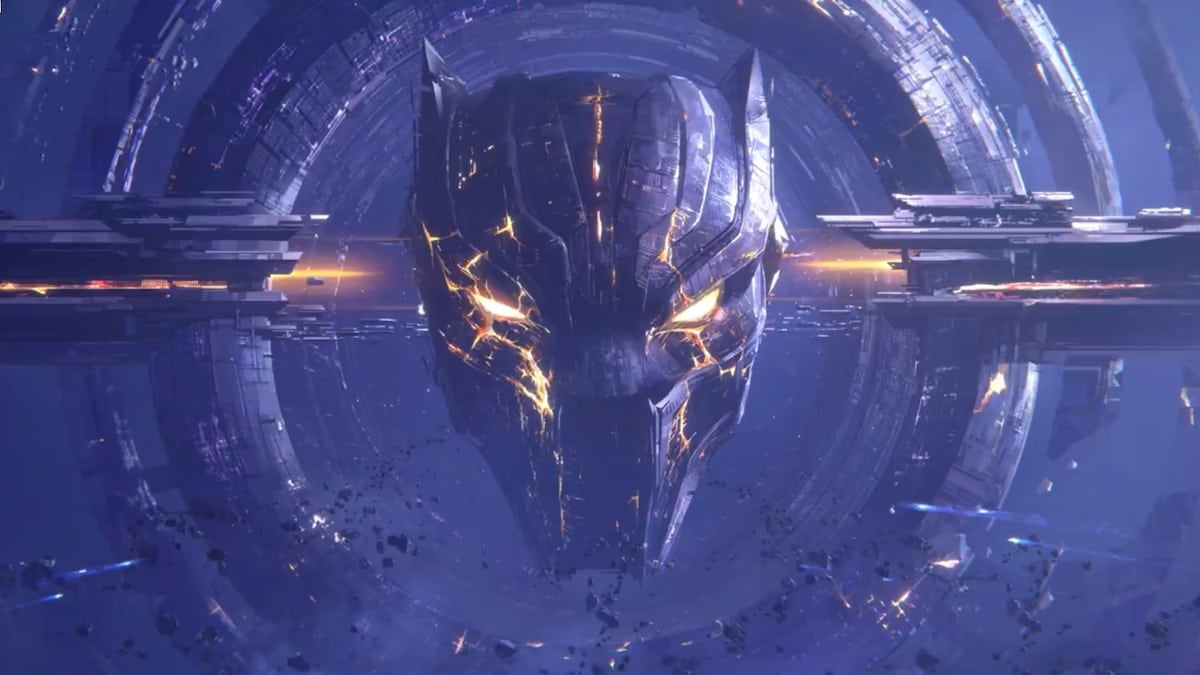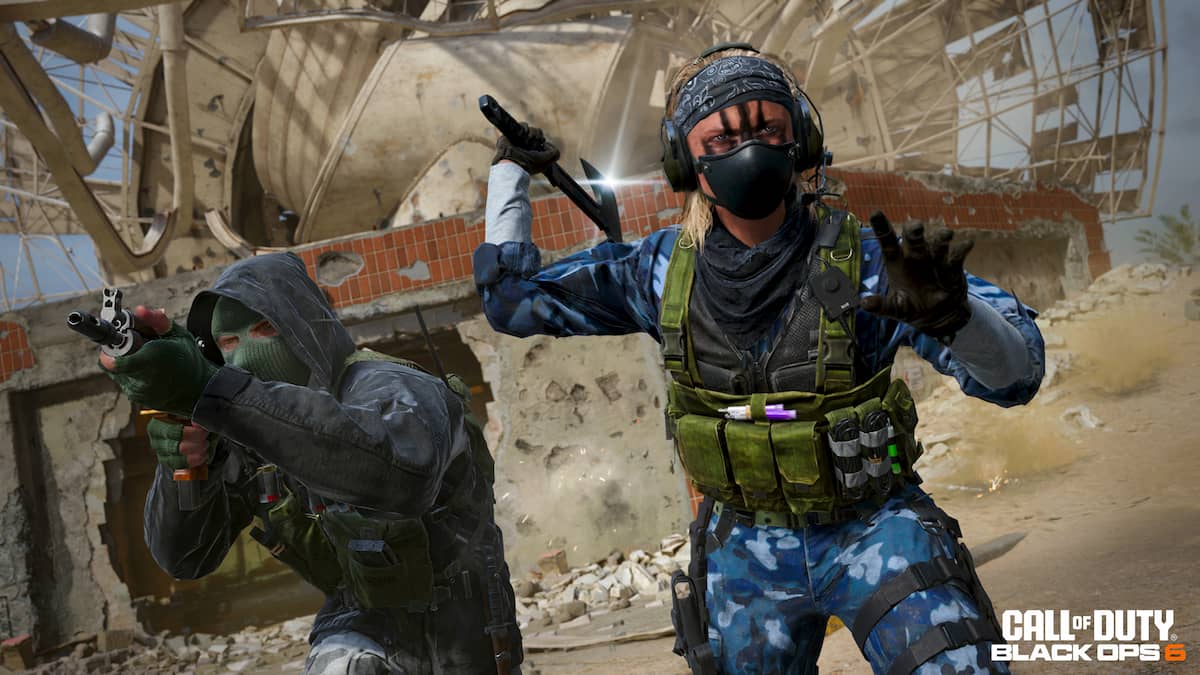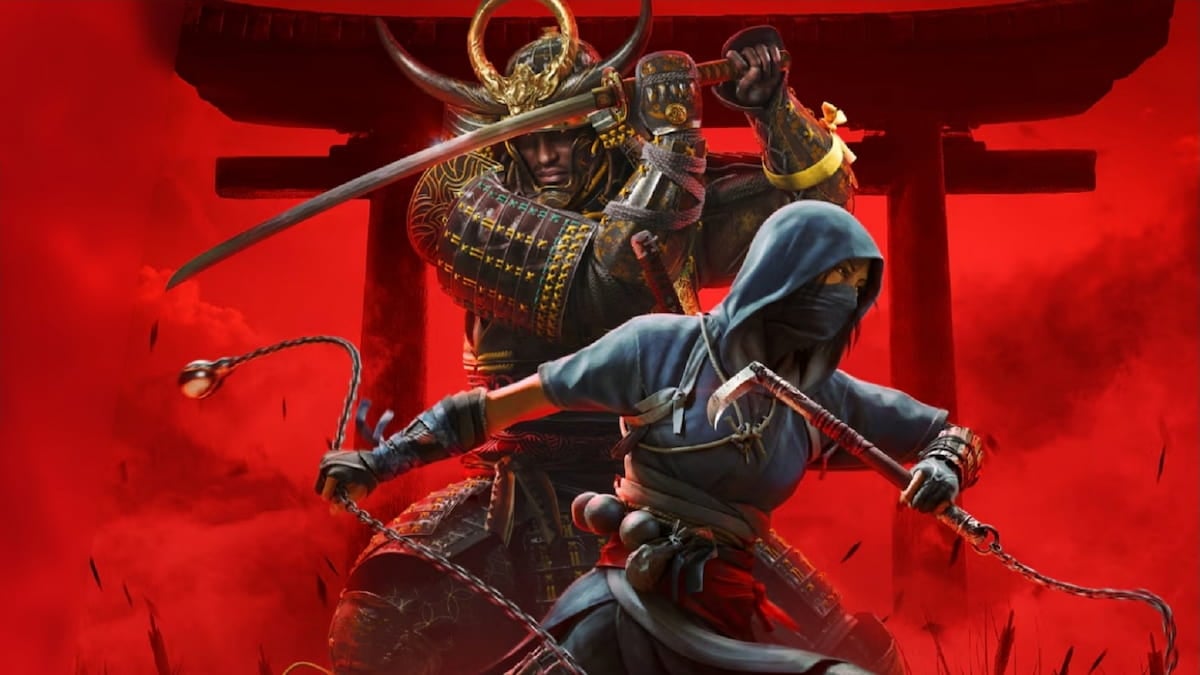Bigger and more recognizable brands are entering esports at a faster pace than ever before. With the NA LCS and Overwatch League leading the charge with non-endemic brands, it begs the question: How do those non-endemic companies really get introduced to esports?
Robb Hittner, the chief revenue officer of VY Esports, is someone who specializes in that sort of thing. As the former global head of esports at public relations and marketing firm Edelman, Hittner has met and built relationships with some key people inside and outside of esports. As the CRO of VY, his job is to help brands enter esports in “meaningful ways through brand sponsorships” among other things.
Related: Overwatch League All-Stars will appear at a Dodgers game
The Overwatch League All-Stars had an entire night at Dodgers Stadium dedicated to them last month, and that was thanks to Hittner and VY Esports.
Following the Overwatch League fan event with the Los Angeles Dodgers, Hittner sat down with Dot Esports to discuss the impact VY is making with non-endemic brands, the direction esports is taking, and much more.
How did VY Esports start?
Hittner: It started about a year ago—our CEO is Oleg Butenko, who was the CEO of ESForce over in Russia, which just recently sold to Mail.ru but at its height, it had three teams, an arena, event company, multiple tournaments, and had really created a mini-ecosystem within the ecosystem of esports. Oleg had recognized that the problem they had in Europe was the same problem we were having in the U.S., which is that it is such a fragmented landscape that it’s very hard for brands to enter into the space in the right way or in the most meaningful way because any door they open is the only door they see. So if you want to sponsor an event, then you kind of get the event inventory but that’s really it and brands don’t really operate that way, specifically big brands. Non-endemic brands operate thinking about things much longer in terms of emulating other sponsorships. You don’t just do an event or two. You really integrate an entire season or an entire year with both the audience and the sport itself. And esports wasn’t really set up to do that, so that’s why he started VY. I jumped on board seven months ago. I was with Edelman here in Los Angeles—Edelman is a PR firm where I was heading up the global esports.
That was something I started with a colleague three years ago at Edelman, which was really all about movement in the space and knowing that clients, be it big brands like QSRs or even brands in the healthcare space that are trying to target millennial and Gen Z audiences really need to understand what is going on in esports. There was so little understanding, so we started the practice within Edelman as the consultancy and I headed that up globally for our 65 offices at Edelman to be able to interact with brands that are interested or curious or want to activate. At the time, and I think it’s still relevant, there’s still a big earned media impact for brands who are going into the space because I think you get two things: Obviously, the news around entering the space in a meaningful way but the brands can get a lot of great social currency from it, which I think is really important for brands to do well.
Why is it important for esports teams or leagues to get involved with non-endemic partnerships?
I think the non-endemic brands bring new lifeblood to esports. I’ve been involved in esports for 15 years and I’ve watched it grow and change but not grow and change as quick as it should considering the impact and audience that it has. I think that non-endemic brands bring bigger checkbooks, a global perspective, new events or new content into the space that helps esports mature in a way that most sports do.
Why do you think it’s important for traditional sports to get involved with esports?
I think for traditional sports, it’s a recognition that—most fans of the LA Lakers are probably LA Dodgers fans—there are multiple fans and multiple fandoms and I think esports is just an extension of that. And I think for traditional sports to recognize fandom in general and say, “hey, this isn’t a sport we necessarily know about, but damn, these guys are passionate about the LA Valiant or the LA Gladiators and they also happen to be Dodgers fans.” That’s a great thing to embrace because as a sporting organization, we love fans who are passionate.
Do you see location-specific esports leagues as the future?
That’s a tough one. I personally actually do believe that the geography franchising makes a lot of sense for a mass audience. What’s great about all sports is finding your gods and monsters—those you want to cheer for and those who you want to vilify. That’s what makes sports great. Esports has that, but it’s hard to navigate and you can’t wrap your head around Cloud9 vs. compLexity vs. CLG vs. 100 Thieves, but if you put a city in front of that, people will all of a sudden be naturally attuned to it and I actually do think it’s important because after watching mistakes for 15 years, if we don’t get past the core or mid-core and don’t create leagues, events, and experiences that are appealing to the masses, we’re not going to be able to grow the space in the way the space really is primed to grow. A big part of helping that growth is people being able to wrap their heads around rooting for their home team.
Can you talk about the projects you’ve done and are most proud of at VY Esports?
We’ve done a few things I’m very proud of. I’ll talk about the Dodgers thing first, which is the last thing we did. Just being able to activate with a legendary franchise like the LA Dodgers, who are recognizing the Overwatch League All-Stars and Overwatch in general as a legit sport, was really exciting to do. To be able to do the expected hallmarks like the first pitch, but to really ramp up the program to have specific swag, the All-Stars there for meet-and-greets and signings, and having special tickets so Overwatch fans could sit together, so I really loved what happened and it was a real validation to where esports is going.
Another thing that I’m very proud of is that we’re instrumental in doing a EA program with Coca-Cola in Europe as a lead-up for the FIFA World Cup in Russia. Being able to harness the Copa kids, the soccer-playing kids that Coca-Cola sponsors, and putting them into an esports tournament that ultimately delivered the champion to a live offline event in Moscow right before the World Cup, I thought it was super fun to do that.
Just being able to find ways that brands can enter into the space in smart ways that either give back to the space, help grow the space, or both, that’s what we’re keeping focus on.
How do you connect brands together?
We have relationships on all sides of the esports ecosystem in terms of the inventory holders, the teams, the leagues, the tournament organizers, as well as the brands from both our investors and from our relationships. VY is made up of a cadre of people who have brand experience and brand relationships, and really help how brands think about things. It gives us a unique advantage.
Why is the Overwatch League the only league doing this sort of thing?
The obvious thing is the connection into the ownership groups. That’s where it really stems from—it’s a good way to cross over. The Gladiators just did a whole thing with the Rams, so that’s where I think it starts from. I think that’s good for the space and it’s legitimizing and recognizing for the space, but I also think it lets you start to take notice other types of leagues that are out there. I don’t think it’s too far gone that we’re going to see some League of Legends games being played at major sports stadiums as well.
For a while it seemed like NBA teams were most interested in collaborating with esports teams. Do you see an increased interest from the MLB, NFL, MLS, or other professional leagues?
Absolutely. I think they’re all taking note. When you specifically look at MLB, the league recognizes their average fan age is 56 years old. They know that’s a far cry from the desired 28 to 29-year-old. So how do they create programs that make sense to a 28 or 29-year-old and maybe it’s not directly being able to acquire them as a fan of Major League Baseball. I think that the ownership groups are being smart about fans in general in that recognizing there’s lots of opportunities out there for them. EMLS, ENHL, NBA 2K League are all significant. If you look at the NBA 2K League and the fact that Adam Silver was there at the draft, I think that’s a big big symbol that they’re taking it seriously and want it to grow. Esports is young for most of these teams, and they’re looking at this in year one and year two while they have their storied franchises of nearly 100 years. I think everyone’s taking the long view with it and saying, “maybe esports isn’t niche and could be the most popular sport in the near to medium future.” And I think there’s enough going on now that they’re taking notice with their eyes and wallet.
What do you see as the major differences between esports fans and sports fans? What’s the crossover?
I think there’s a couple of things. No. 1 is speed of the game. There’s an increasing need to speed things up—we live in a world where people want things faster and quicker. I think that’s part of it and most traditional sports play at a different pace. Another aspect is that this generation embraced gaming very early and said that this is actually legitimate competition, which is what is keeping it moving.
How do you plan on connecting the different audiences of esports and traditional sports? And what do you think others need to do?
First of all, I think they need to be recognizing what is esports. We slap that label on it and it’s a general label, but within each game and each genre, there’s a lot of different audiences. I think it’s also recognizing which audiences fit best with your audiences. There’s definitely crossover. There are millions of esports fans that love going to the baseball park—same for NFL, NBA, and MLS—and it’s just recognizing that different esports can play different roles in our lives. I think finding that is the key to it all.
The NBA has their own esports league. Do you see the same happening for other major esports leagues, including the MLB and NFL?
Absolutely. We’re already seeing it. MLS has eMLS, NHL has their league they’ve announced. The NFL and MLB haven’t announced anything yet, but I think they’re a different kind of game and I just see it increasing. Look at Formula 1, the guys that are winning these competitions are actually getting jobs with the teams and it’s fantastic.
Why did you think to do this sort of thing, like OWL nights at MLB parks?
It was purely a matter of convenience. I should say we have plans right now with the NBA to do something similar with the upcoming season. But MLB, it was an idea floating around and MLB was in season, we had access to the Dodgers, we had a conversation, and it sparked a lot of interest. As for why the Dodgers wanted to do it, that’s the Dodgers’ decision.
What can we expect in the future?
More of these types of activations where we’re really trying to create experiences or events that have more of a mass cultural appeal. We’re very excited about esports. We love esports, we’re fans, players, and watchers, and we just want to bring that love out to a bigger audience. We feel it’s imperative.







Published: Sep 13, 2018 02:37 pm